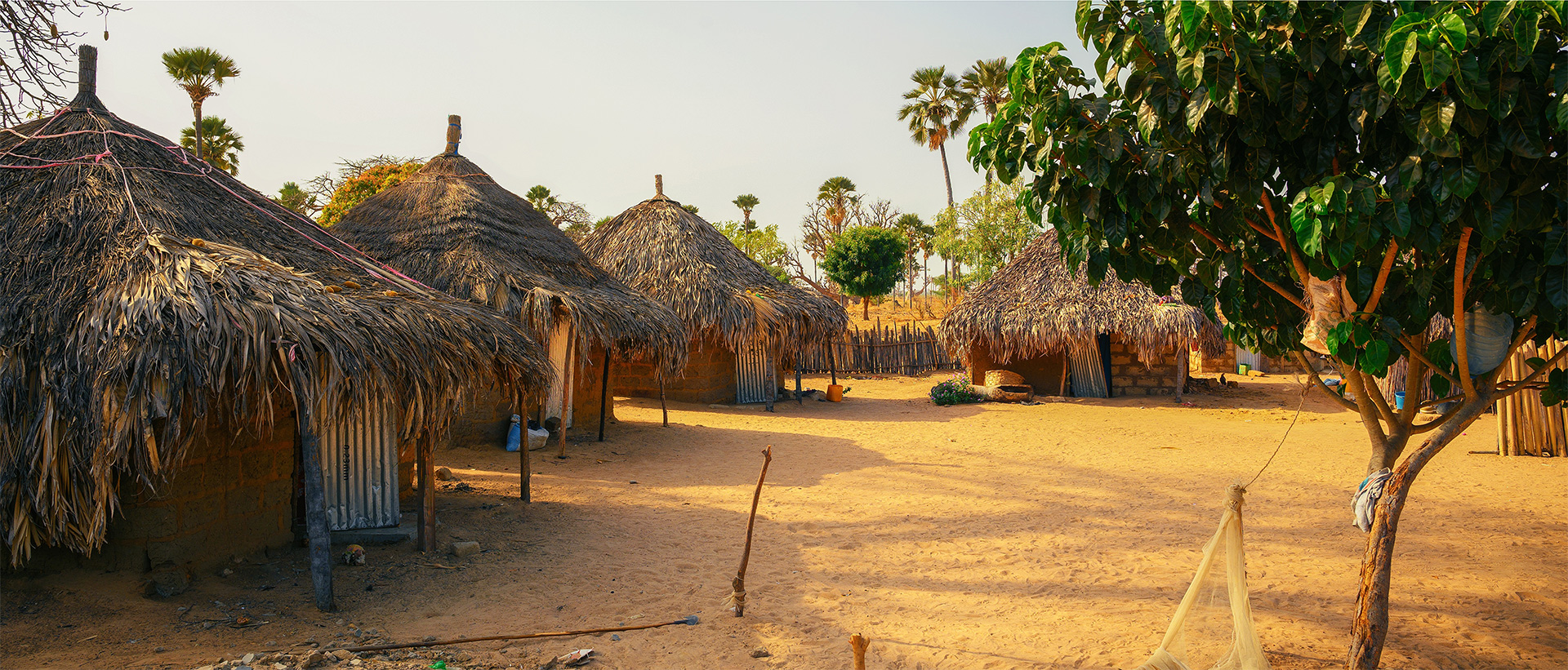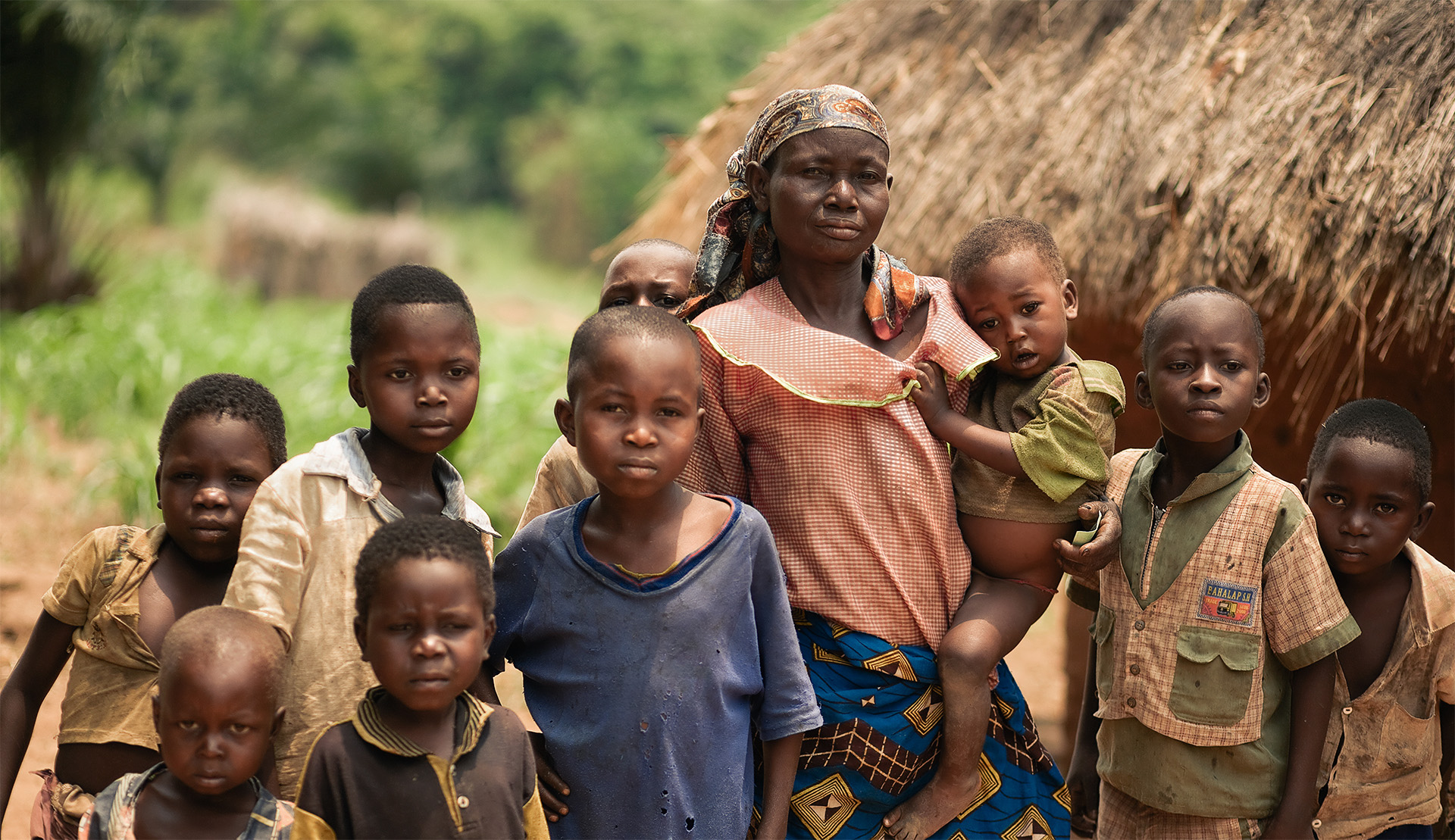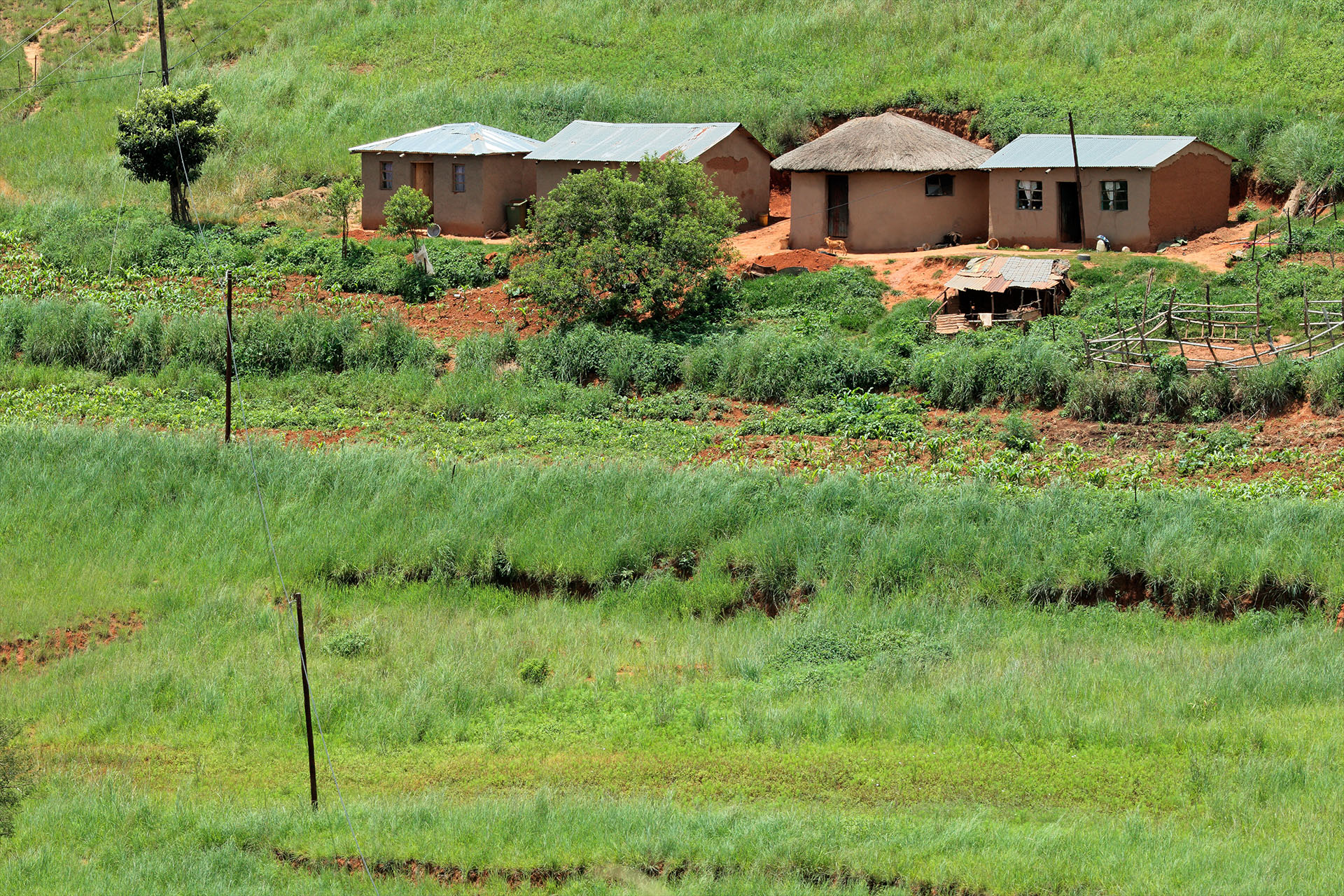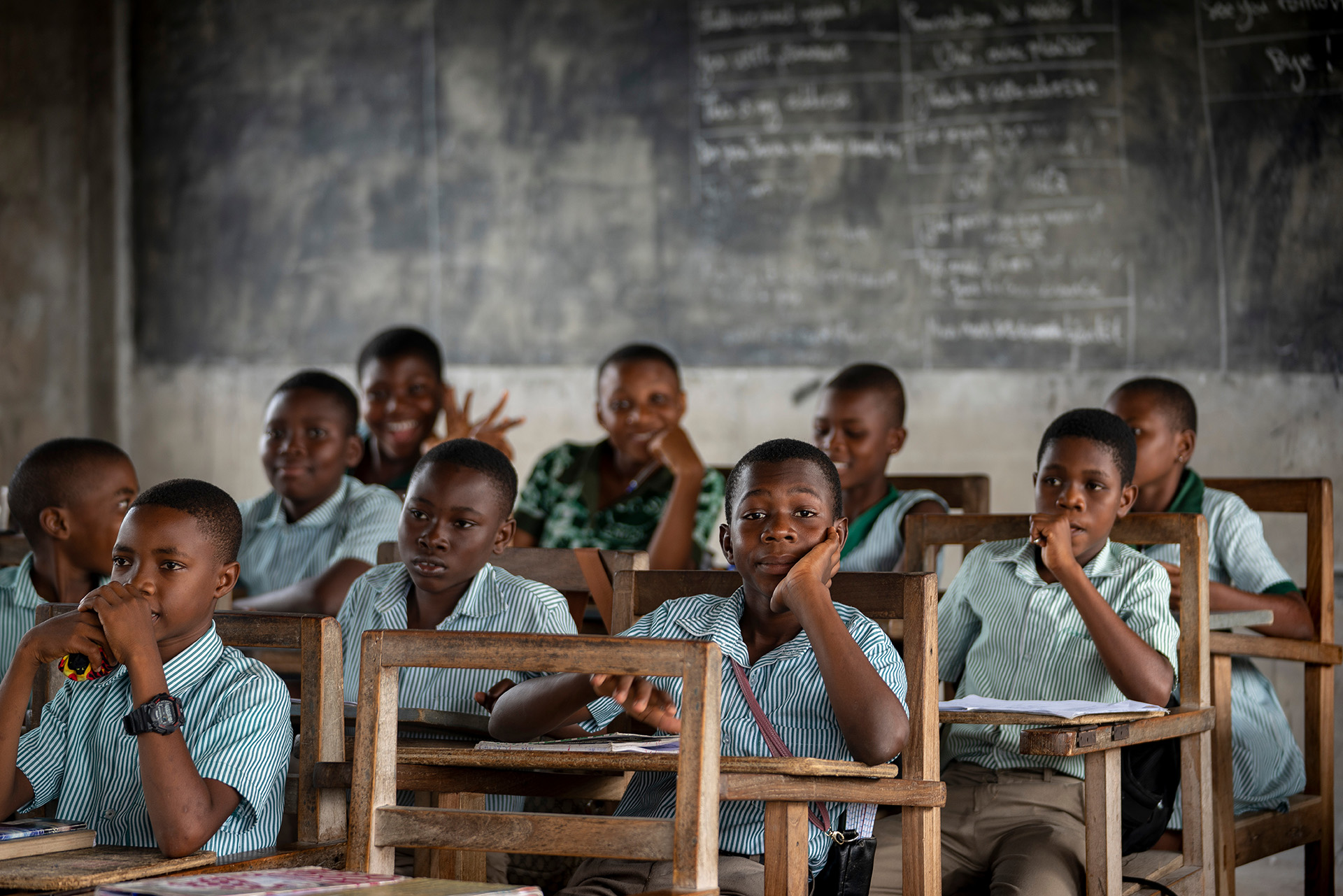Struggling with faith: faith in struggle
Money presents itself as a world of freedom, as an opening of possibilities for all. In fact it is just the opposite. “The logic of money is the logic of closure”, says Holloway, who quotes Ernst Bloch saying “Now is the time to learn hope”. Our resistance & opposition is expressed in refusals, experiments, and struggles for ways of ‘doing’ that we determine for ourselves, and that follow a different logic. In this way we disrupt the world as it is, and create cracks in the system where our dignity and creativity is expressed and can flower. This rebellion of the poor and oppressed against the conditions of their poverty and oppression is connected with the unfolding of their (and our) full human being. In this ‘becoming’ of true selves through struggle, is surely also the becoming of God’s promise of good news. This is a reclamation of the scandalous truth that we are all children of God, created equal and beautiful, created for equality and beauty. … Theologically, ‘the ordinary struggles of ordinary people, become a sacrament of God’s presence and proclamation of resurrection’ (Mondini, 2007).” This leads us to affirm that the concrete struggles of those who do not count, mark the sacramental presence of God in the world and the opportunity of hope and life. CLP has thought of its work as concerning the relationship of people, church and land. Taking the option for the poor gives renewed force to the question then: ‘Who is the church?’ For many people, the institutional church is not present in their lives and suffering, but appears rather as a servant of power. The ‘people’s church’ (irrespective of denominational belonging) nevertheless remains very much part of their lives and struggles. CLP has created a variety of spaces for reflection through which people can explore and make explicit the reality and formulations of their own faith in the midst of struggles of justice and dignity. At the same time, CLP remains cognisant of the social power of the institutional church and of the fact that it is not monolithic – there are spaces where it can and does shift. It has seen the God of the powerful in the institutional churches confronted with the scarred and weeping face of God in the shack settlements, and believes something true and powerful emerges from this confrontation.








